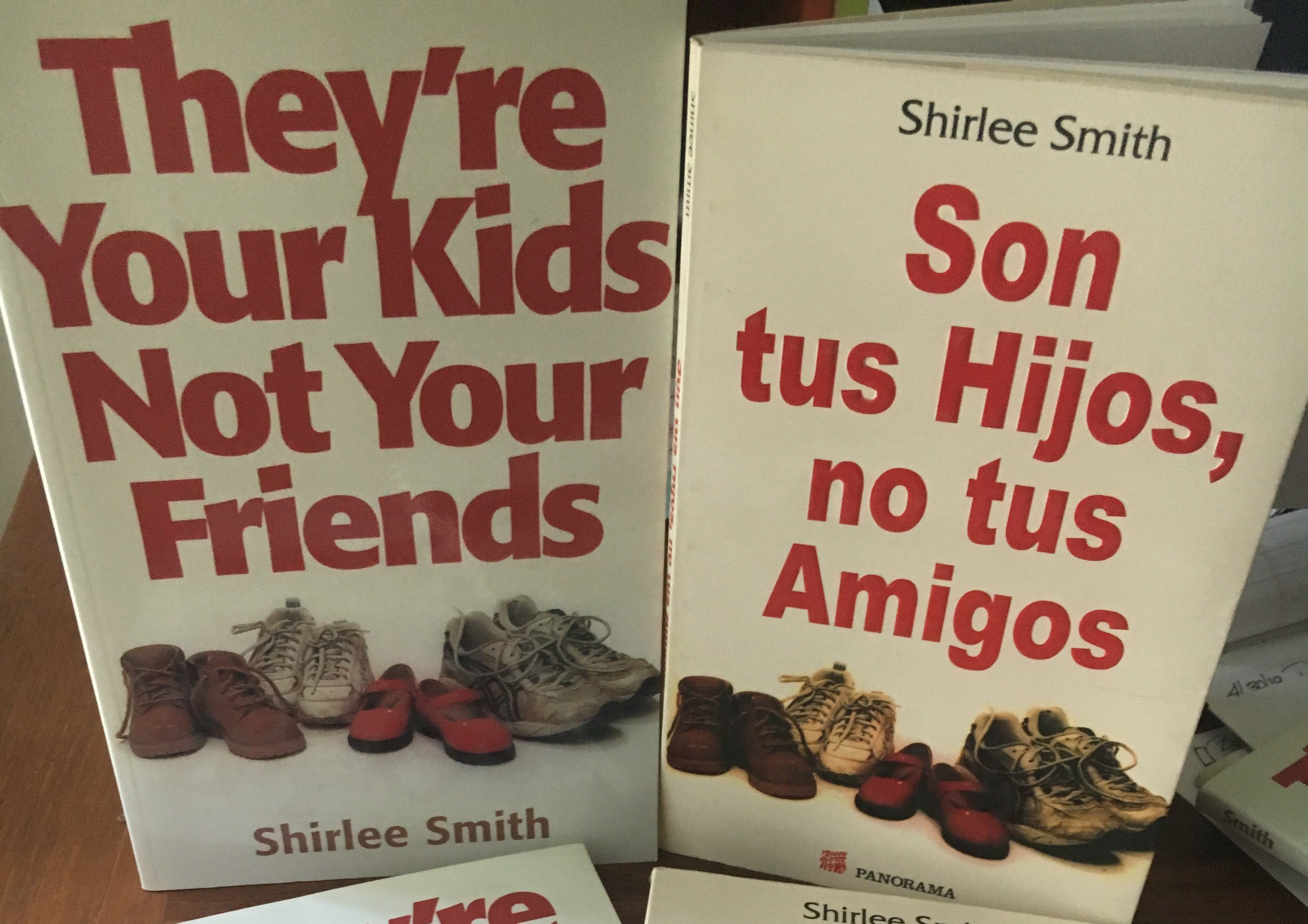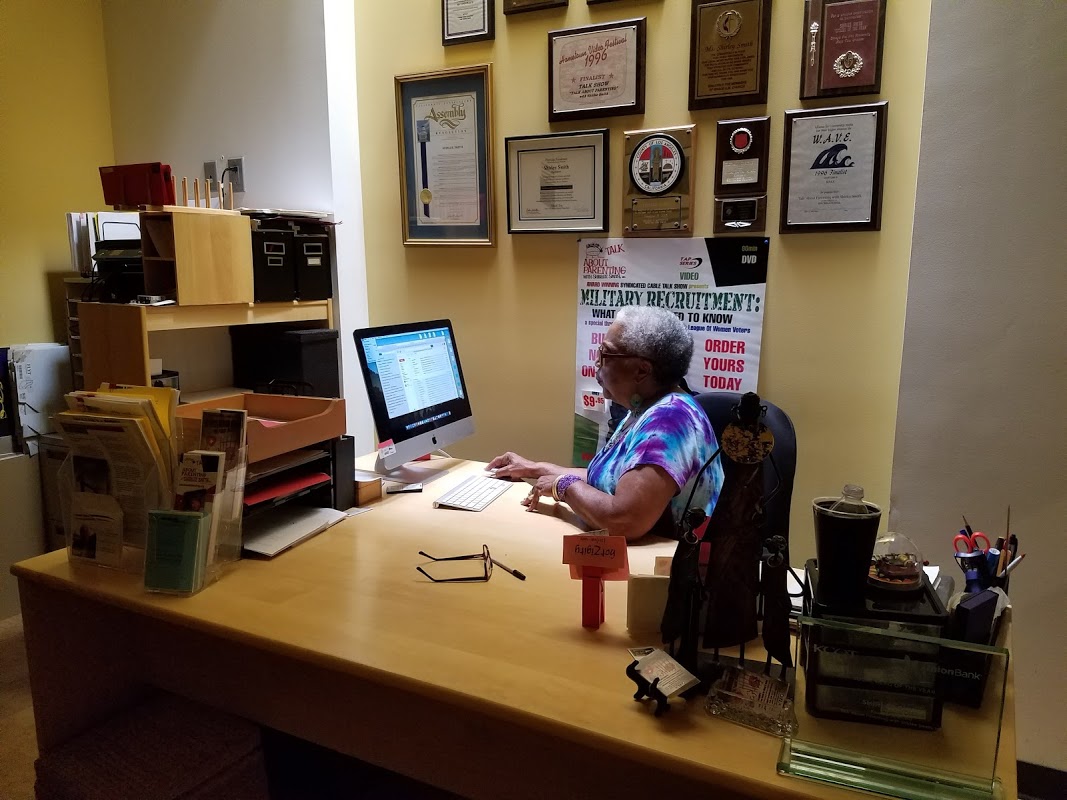
Who is Myrna Raeder?
College? Every hand in the room goes up when the question is asked.
Locked up behind bars? No hands.
In every parenting class that I conduct for incarcerated moms at the California Institution for Women in Chino, CA, I ask these two questions.
Without fail, every mom in attendance wants the best for her children. The problem is, in part, that the women haven’t much of a clue as to how to exchange the lifestyle they’ve experienced for the one that is necessary when leading their kids to the university.
“People do what they know,” said my good friend who did time at the big house. What she knew was a life in foster home with caregivers who didn’t care.
Having had enough of foster homes, she hit the road with an older sister . She was only about seven years old. After being a runaway, juvenile hall was next on the list of a no-care facility.
Using and selling drugs became her way of life. That’s what she knew and that’s what she did. And while it landed her in the slammer, that’s the life she knew. That was her environment. That was her lifestyle and the women she met, while behind bars, were products of her very same lifestyle.
Ask her where to get the stuff – she had no problem giving a quick answer.
Ask the moms behind bars what it will take to change their lifestyle and they aren’t too sure. Ask them about their kids getting into college and they don’t know that answer either.
But they’re all pretty well-schooled in what they do know.
In most cases, no one has ever paved the way for them. In most cases the dream of college is one beyond both their financial and environmental reach.
But thanks to an amazing woman, Myrna Raeder, lawyer and professor, who recently passed away. Myrna Raeder has, with her husband Terry Kelly, established the $100,000 Myrna Raeder Scholarship Endowment Fund at Southwestern University that will provide a higher education path for children of an incarcerated parent or those who grew up in foster of kinship care.
The children of incarcerated parents don’t follow mom or dad to the big house. They are left behind with relatives (kinship care) or are placed in foster care.
Dean Praeger, of Southwestern Law School, has said of Professor Raeder, “The law school community is tremendously grateful for her contributions throughout her career and for this special endowment that reflects her compassion and interest in assisting students who have overcome extraordinary life challenges to pursue their dream of a legal education.”
Talk about a dream! While we’ve never asked the moms at the Chino prison how many would like to have a kid grow up to be a lawyer, I can, right now, see the hands waving in the classroom – two per person if we mentioned such to them.
Who is Myrna Raeder? From where does this kind of compassion come from?
I met her at several meetings She, like everyone else around the table, introduced herself. She didn’t say anything more than the rest of the participants; she gave her name and affiliation. At one meeting she provided a report on a conference she had attended at the White House.
On another occasion we had a brief conversation on the way to the parking structure at the Children’s Court in Monterey Park.
In my life, there’s nothing more rewarding than walking with a giant who presents himself or herself as no more than just a person riding the parking structure elevator.
Professor Myrna Raeder was a giant. Please follow the link to learn all about her work, her commitment and her life.
http://www.swlaw.edu/news/overview/profraedertribute



